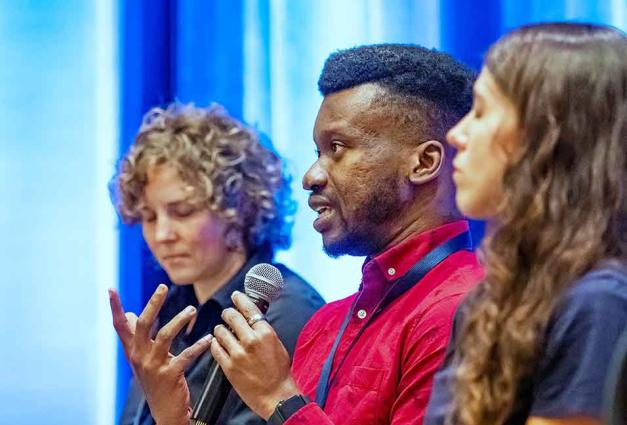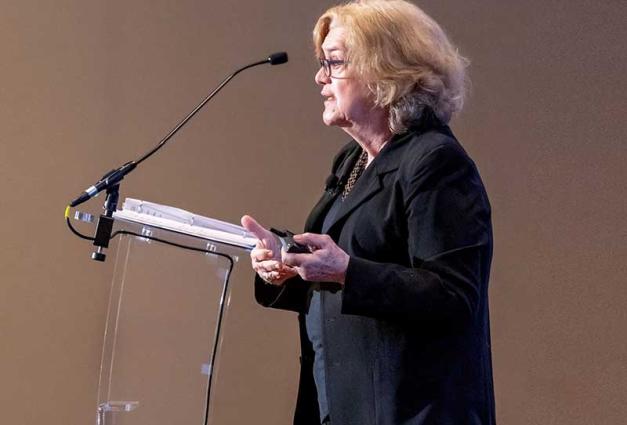Continuing with last month’s theme of advice for navigating the convention, this month we focus on networking. Dreaded by many, networking is in fact one of the key benefits of a convention. This is especially true for a large national convention like SPSP’s, with its high caliber attendance.
SPSP student members offer their advice on how to network with ease…
Plan ahead
- Don't rely on chance: Email a few short messages to the professors you'd like to meet so you can set up a time to speak or grab a cup of coffee. Even if they don't respond, it never hurts to ask.
- Go through the program ahead of time and make note of the people you'd be interested in approaching. Do a little homework and look up their research, especially their latest work. Attend their talk and point out things you found interesting. Ask questions like "I really like your research on... I had a question about something you mentioned in your talk".
Be prepared
- Know your material. Be prepared for the question "What do you study" and have a short, ten-second answer ready.
- Think about who you want to network with and see if they are presenting. Then do your research, read their work, and prepare your pitch (what you do, where you go). Be ready to compliment their methods/ideas with thoughts about how to extend their work.
- Have your elevator pitch ready for people you meet on the fly. Be ready to attend the social events and to meet big names and future collaborators at restaurants and bars. Wear appropriate clothing at all times.
Capitalize on poster sessions, mentoring lunches, receptions, and social events
- Don't feel awkward stopping by posters and talking to people! They think their research is cool, and they'll be excited to see someone else share their perspective.
- The mentor lunches are an important catalyst in facilitating connections with well-known researchers in a more intimate setting. Introduce yourself to those you wish to meet!
- Introduce yourself to presenters after symposium sessions and during the preconferences. Most will be happy to talk to students who are interested in what they do.
- Attend the social events; people are there specifically to network.
- Approach presenters at networking events; ask follow-up questions about their talk.
- Focus on making one or two meaningful connections rather than trying to meet as many people as possible.
- Be friendly and don't be afraid to ask for email addresses!
Use your existing network, and ask people to introduce you
- Talk to the students who work with the professors you admire or ask your advisor to introduce you. Meet friends of friends as people's networks merge.
- Ask the professor you are attending with to introduce you to their colleagues from other schools.
- Attend socializing events with people from your university. Having a group of one or two senior members of your program will help you naturally meet and approach new contacts.
- The networking events can be awkward but be willing to branch out, especially if others approach you!
- Stay with people you know. For the non-extraverts among us, it's easier to meet new people when you have a "home base" and conference buddies.
Don’t be afraid to talk to people, and don’t be picky
- It's just a room full of nerds talking about stuff they think is cool. So relax. It's not that big of a deal.
- Don't be afraid to walk up to people or be nervous that you will ruin someone's conversation by joining in.
- Reach out! Even if it's just a passing compliment, it may turn into a conversation that can then lead to a valuable connection.
- The preconferences are a great way to get to know people with similar interests and learn about current trends in the field. Don't feel the need to only talk research.
- Talk to everyone who is willing to talk to you. Don't be picky about who you connect with because you never know who is going to be a useful connection in the future.
On talking to famous professors
- Check out these great articles by Robin Bernstein. Much of the advice applies to any scholar you would want to network with:




